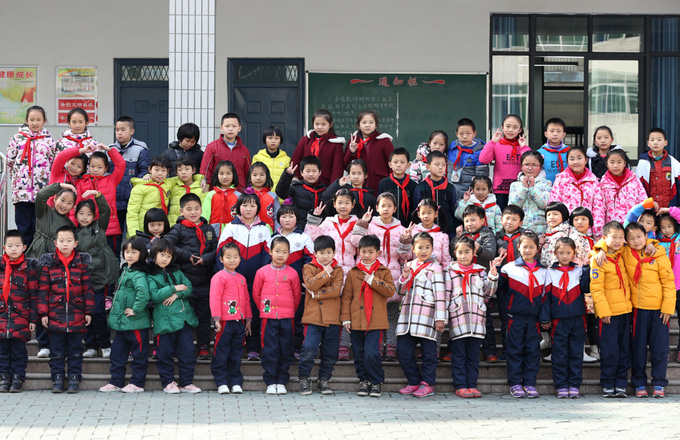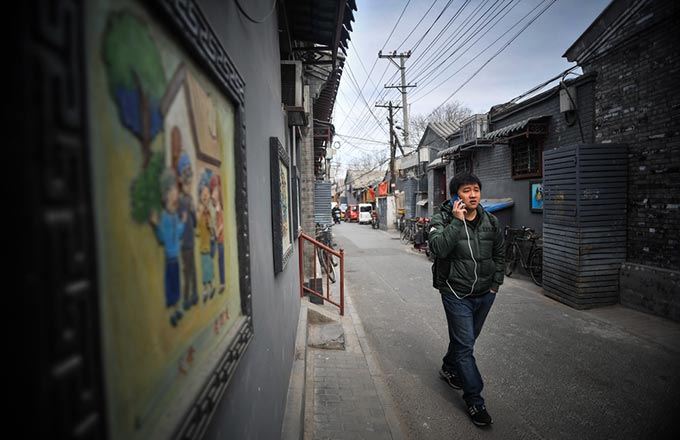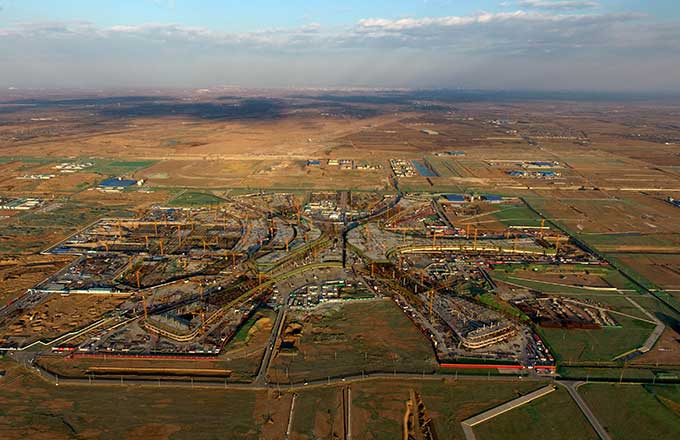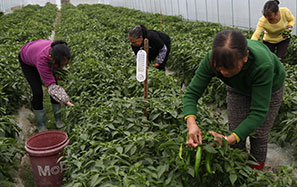China issues white paper on judicial reform of Chinese courts
VII. Promoting Judicial Democracy
To safeguard the people's right to participate in judicial work reflects that the socialist judicial system with Chinese characteristics serves the people and is an objective need for promoting judicial democracy and improving the public credibility of the judiciary. The Supreme People's Court, through reformation of the system of people's assessors and otherwise, has improved the extensiveness, orderliness and effectiveness of the people's access to, participation in and supervision over the judicial work.
Carrying out the pilot program to reform the system of people's assessors. In May 2015, with the authorization of the Standing Committee of the National People's Congress, the Supreme People's Court and the Ministry of Justice jointly promulgated the pilot program to reform the system of people's assessors and the measures for the implementation of the pilot program. The pilot program has been conducted at 50 courts in 10 provinces, autonomous regions and municipalities directly under the Central Government. The items of the pilot program includes, among other things, reforming the requirements for the appointment of people's assessors, improving the mode of appointment of people's assessors, expanding the scope of participation in trials, defining the powers to participate in trials, enhancing job security, establishing the withdrawal mechanism, giving full play to the advantage of people's assessors in being familiar with the social situations and public opinions, and gradually realizing the goal that people's assessors no longer vote on issues relating to the application of law and only participate in the finding of facts. As of the end of April 2016, all the 50 pilot courts had finished the appointment of people's assessors, including 9,673 new people's assessors; these pilot courts had 13,322 people's assessors in total, 4.3 times of their judge quota; there were over 220,000 people's assessors nationwide, reflecting a further enhancement of their extensiveness and representation. In 2016, the people's assessors nationwide took part in the trial of 3,063,000 cases, including 458,700 criminal cases, 2,481,300 civil cases and 122,900 administrative cases. The people's assessors of the 50 pilot courts took part in the trial of 81,770 cases, including 1,624 cases involving mass interest or public interest or otherwise having a great social influence that were tried using the mechanism of collegiate panel and assessors. The Supreme People's Court has developed the national people's assessor information management system, which is connected with the respective people's assessor information management systems of the pilot courts, to realize information analysis, random selection and management of performance of the people's assessors. The Supreme People's Court has also conducted training courses for people's assessors, published the Guide to the Performance of Duties by People's Assessors, and enhanced the trainings in the rights, obligations, litigation procedures, judicial etiquette and other relevant issues for people's assessors, to improve the capability of the people's assessors to perform their duties. The pilot courts in Heilongjiang and Shandong adopted the method of "directional classification, quota control and random selection", thereby effectively solving the problems arising from mechanically random selection of people's assessors, such as uneven distribution and unbalanced structure of and inconvenience in participation in trials by the people's assessors selected. The pilot courts in Jiangsu have made efforts to realize balanced and effective participation in trials by people's assessors by setting the minimum and maximum times of participation in trials within a given period, adopting the system of participation in trials at different times and keeping the time records of people's assessors, promulgated the tentative opinions on participation in fact finding by the people's assessors, and taken the measures such as pre-trial notification of fact finding, preparation of lists of facts, review by the collegiate panel section by section and summary of points at issue and main evidences by the judge before the collegiate panel, thereby forming clear and definite rules and guidelines on the participation in fact finding by the people's assessors. The courts in Tianjin, based on the information construction and through the people's assessor information system management platform, has entered all the information of people's assessors, including their appointment, management, training, appraisal and participation in the trial of cases, into the information system, and realized dynamic management, balanced participation in trials, disclosure of information about performance of duties, regular appraisal of performance, and detailed data statistics in respect of people's assessors.
Establishing the communication platform with members of the people's congress and people's political consultative conference. On January 1, 2014, the Supreme People's Court established the communication platform with the members of the National People's Congress and the Chinese People's Political Consultative Conference, enabling such members to contact the Supreme People's Court at any time.
Improving the system for submitting to the supervision of the parties involved in cases. In July 2014, the Supreme People's Court promulgated the regulations requiring the people's courts at all levels to voluntarily submit to the supervision of the parties involved in cases tried and enforced by them, strictly observed the anti-corruption rules, continuously improve the style of judicial work, and implement the systems of anti-corruption supervision card and return visit regarding anti-corruption issues. When serving the legal process on a party to a case, the department of the people's court handling the case shall also present an anti-corruption supervision card to the party. The supervisory departments of the people's courts shall, in conjunction with the case handling departments, randomly select some cases concluded or enforced in a year, and pay return visits to the parties to such cases regarding anti-corruption issues, handle the complaints lodged by them and notify them of the results in a timely manner.





















